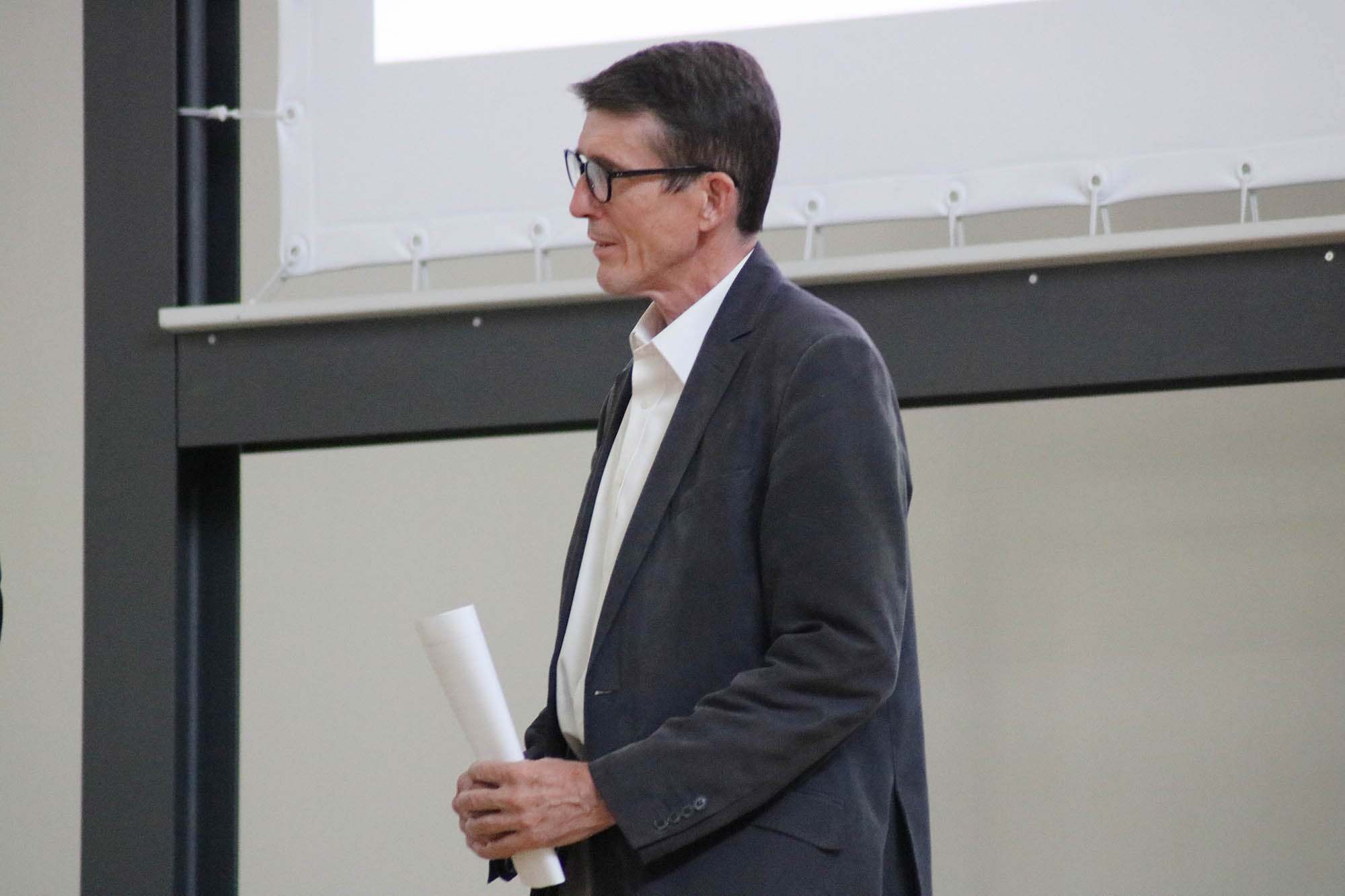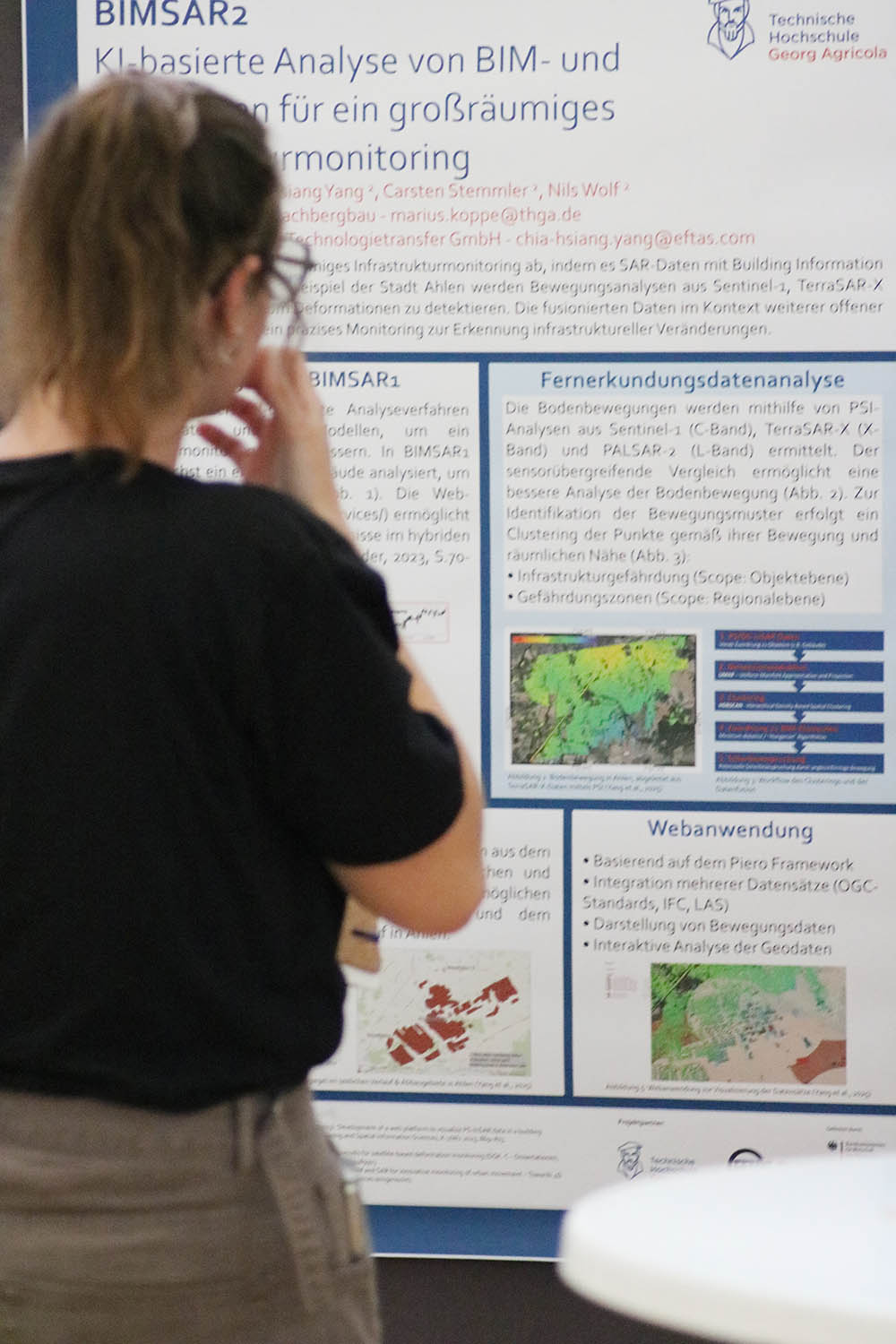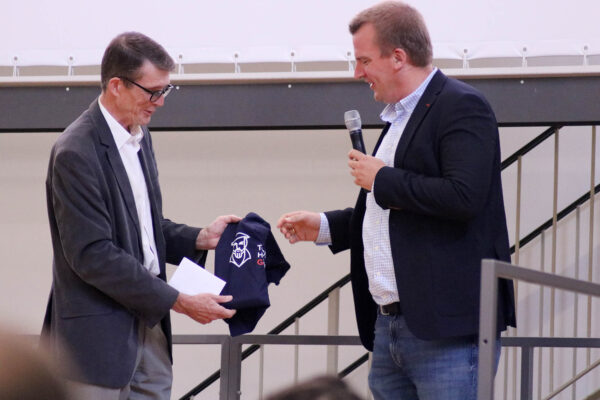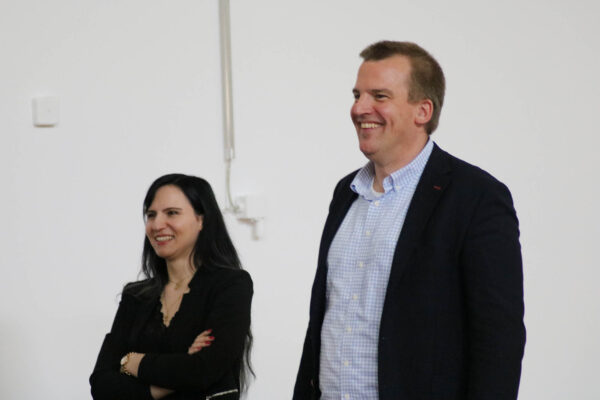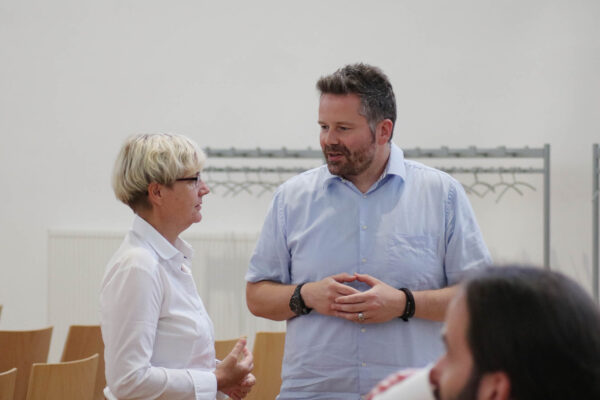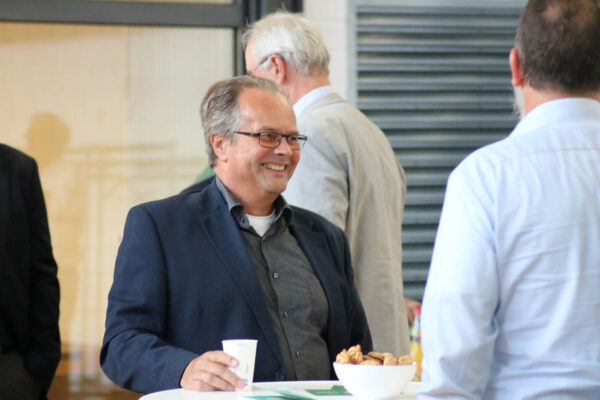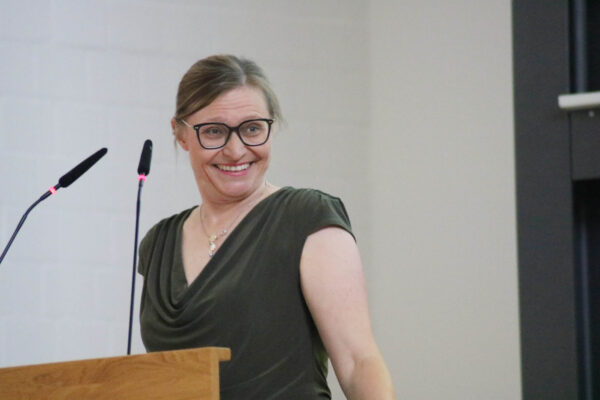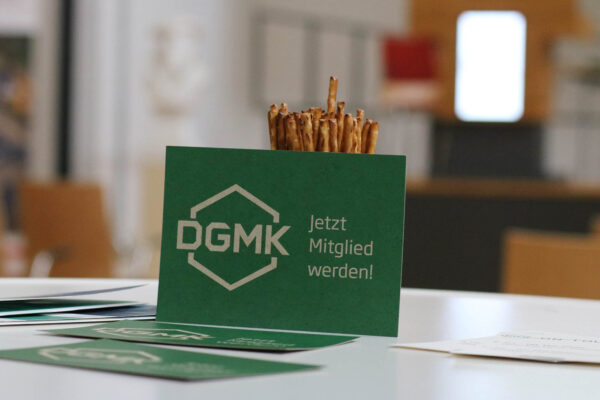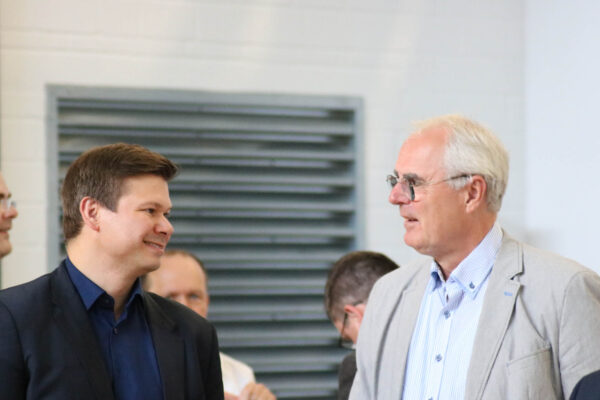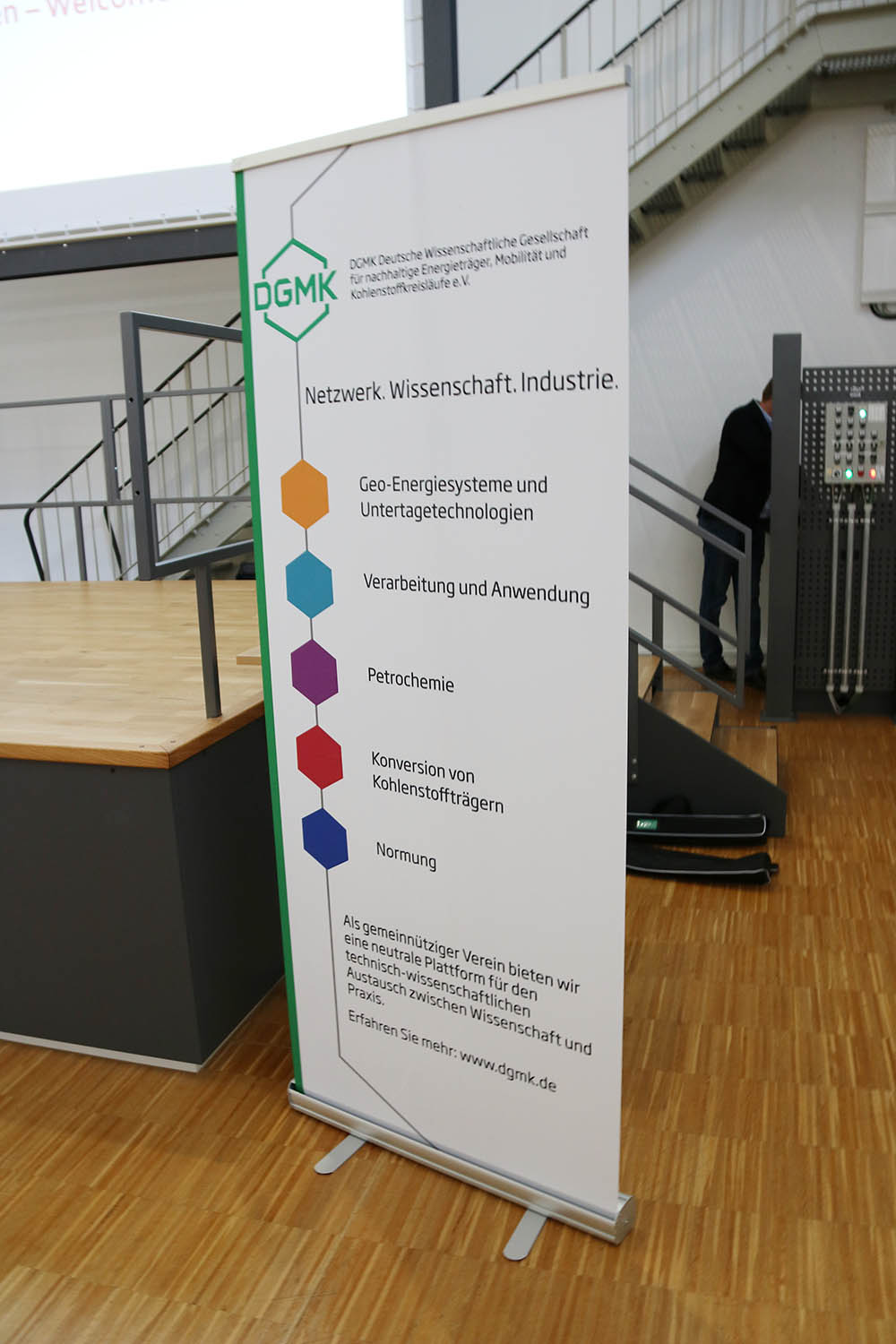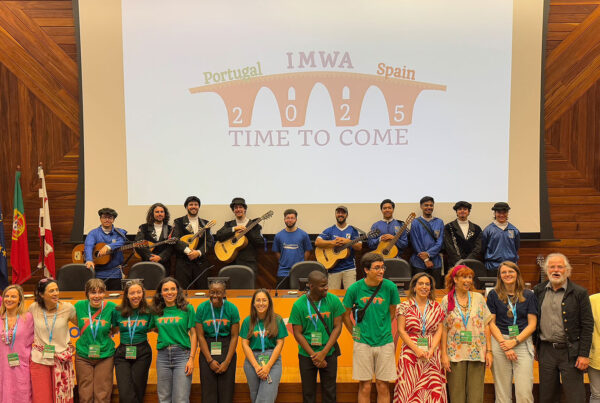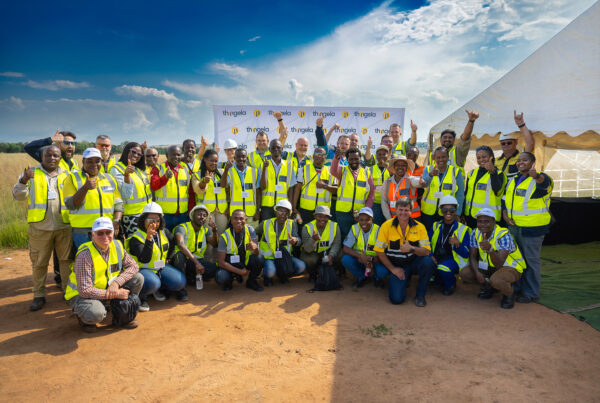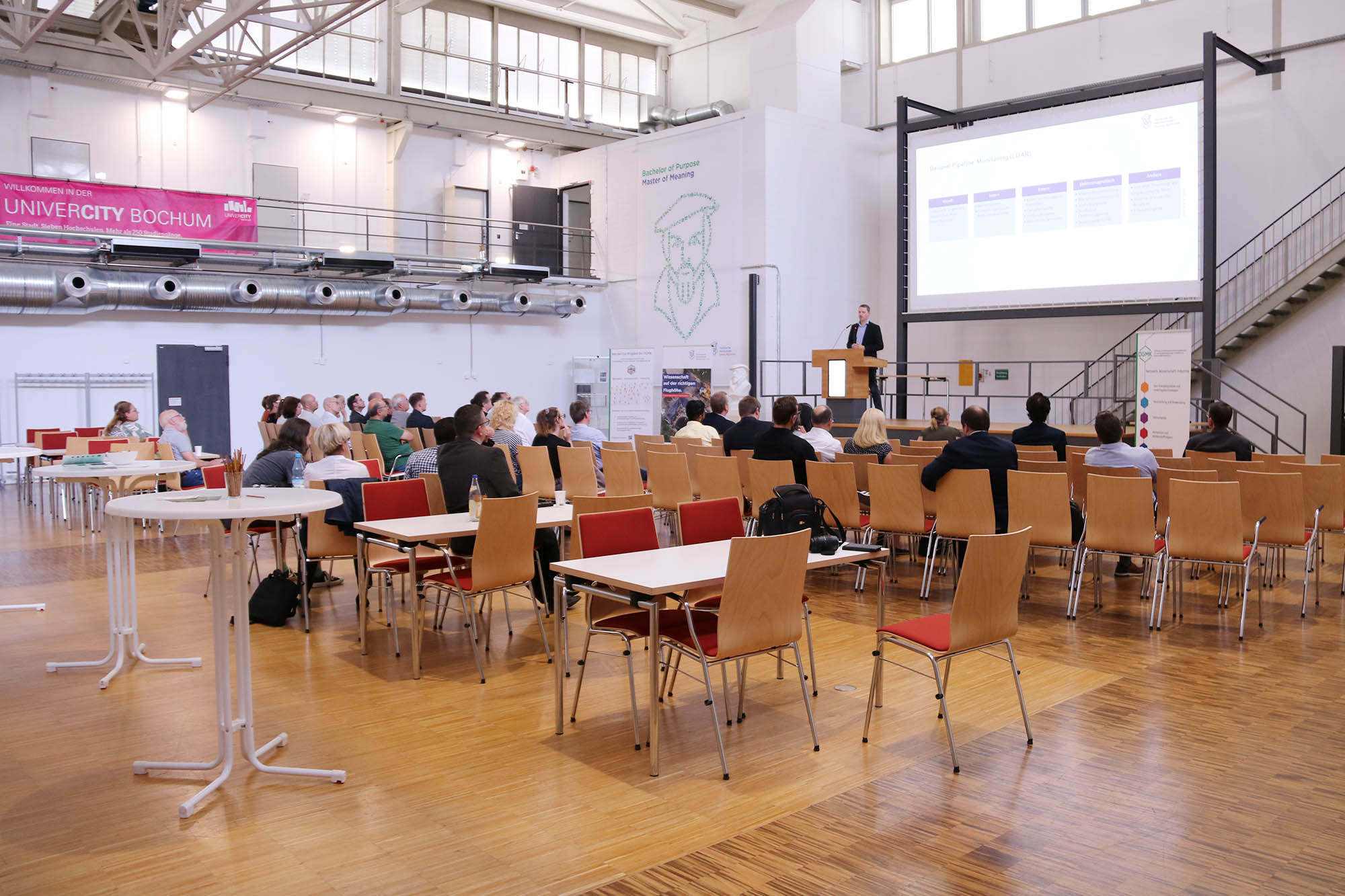
The EU Methane Regulation is part of the European Union's efforts to reduce methane emissions and combat climate change, as methane is not only emitted by many industries and economic sectors, but also acts as a powerful greenhouse gas. On July 3, almost exactly one year after the regulation came into force, the FZN and the Ruhr district group of the DGMK e.V. held a joint specialist event at the THGA student center to take a closer look: What is the current status? What conclusions can be drawn after one year and what are the effects on industry and research?
The event “One year of the EU Methane Regulation - Quo vadis!?!” was designed as an expert dialog and facilitated an exchange between experts from science, industry and public authorities - and offered space for networking and the thematic integration of challenges and opportunities for a sustainable energy policy and the sustainable use of georesources.
Event coordinator, FZN scientist and Chairman of the DGMK Ruhr district group, Prof. Dr. Tobias Rudolph, together with DGMK Managing Director Dr. Gesa Netzeband and Ines Musekamp (DGMK Coordinator of the Department of Geo-Energy Systems and Underground Technologies), facilitated a multidisciplinary view of the topic (e.g. legal framework conditions, entrepreneurial perspectives and technological possibilities for methane detection).
A multi-perspective view of the methane regulation
Brian Ricketts, Secretary General of EURACOAL, started the session. Having traveled from Brussels, the expert shed light on the current legal situation and classified the regulatory framework. With his transnational, European perspective and his comprehensive knowledge of the political landscape, Brian Ricketts was able to convey not only the timeline for implementing the EU Methane Regulation, but also national peculiarities. He demonstrated this using the example of Poland, which is particularly affected by the regulation in the mining context. In addition to the share of natural methane emissions, he also presented the man-made share of methane emissions in the EU. The EURACOAL Secretary General also listed the shares of agriculture, the energy industry and waste management as the main reasons for anthropogenic emissions of the greenhouse gas.
As a proven expert in the coal industry and EU policy, Brian Ricketts succeeded in providing the participants with clarity on the implementation of the methane regulation in the EU. This European perspective and the informative presentation provided the basis for the two following speakers, whose presentations had a more technical and practical focus.
Sebastian Spürk from the DMT Group then presented detailed technical developments in the context of methane management and showed how companies are adapting to new requirements. He presented how much experience, but also what a complex interplay of knowledge in geology, hydrology, chemistry, engineering and physics is required to achieve the best possible methane management. Specifically, he showed how the DMT Group implements methane management above and below ground - and how essential broad-based detection and data collection is for this.
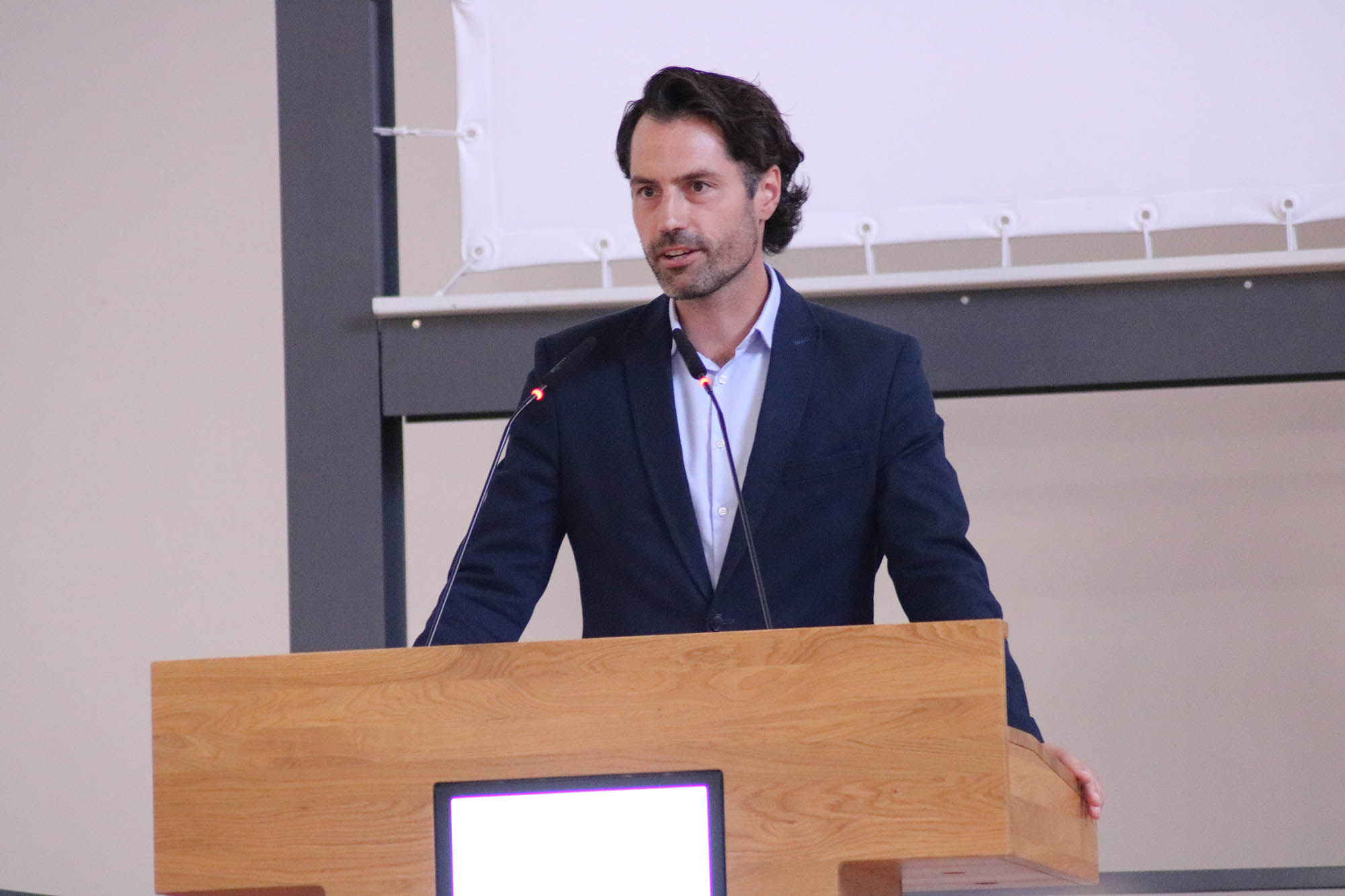
High-tech geomonitoring as a means of methane detection
This more entrepreneurial and practice-oriented approach by Sebastian Spürk from the perspective of the DMT Group created a smooth transition to Dr. Benjamin Haske from the FZN. In his following presentation, he explained the possibilities of methane detection and presented current research approaches and practical applications. Dr. Benjamin Haske showed the participants how close-meshed and comprehensive methane detection can succeed. To this end, he vividly described from far to near - from satellite-based monitoring to drone monitoring - what modern technology and software can achieve.
One focus of his presentation was on the indirect detection of methane, which can be achieved by determining plant health in the area under investigation using drones. He also presented how low-cost and effective monitoring with drones at different flight altitudes - and therefore different resolutions - can be achieved in practice.
However, the unwanted escape of methane from gas tanks can also be conveniently detected thanks to the Joule-Thomson effect, explained Dr. Benjamin Haske. The Joule-Thomson effect describes how gas causes the surrounding area to cool down when it evaporates. Consequently, infrared cameras can be used to detect the cooling of the temperature and thus the unwanted escape of methane from tanks at an early stage.
Expert discussion underlines the relevance of the EU Methane Regulation
These three presentations and the questions from the audience made it clear that the topic of methane is highly topical and extremely complex - after all, it affects countless branches of industry and different framework conditions in the European nations in terms of the economy, industry, geology and forms of mining.
While this flammable gas also plays a role in energy production, many media outlets focus on agriculture when discussing methane emissions, even though the regulation also has a direct impact on mining and post-mining, the oil and gas industry and the energy sector. Although agriculture is the largest contributor to anthropogenic methane emissions, its emissions are also directly linked to mining.
For example, methane is released during active coal mining; abandoned mines can still release considerable amounts of methane over long periods of time. In view of this relevance in the pan-European context as well as in the mining and post-mining context, the FZN will continue to focus on this topic and remain in close cross-border exchange.
We would like to thank all participants for taking part and sharing their experiences!
Contact
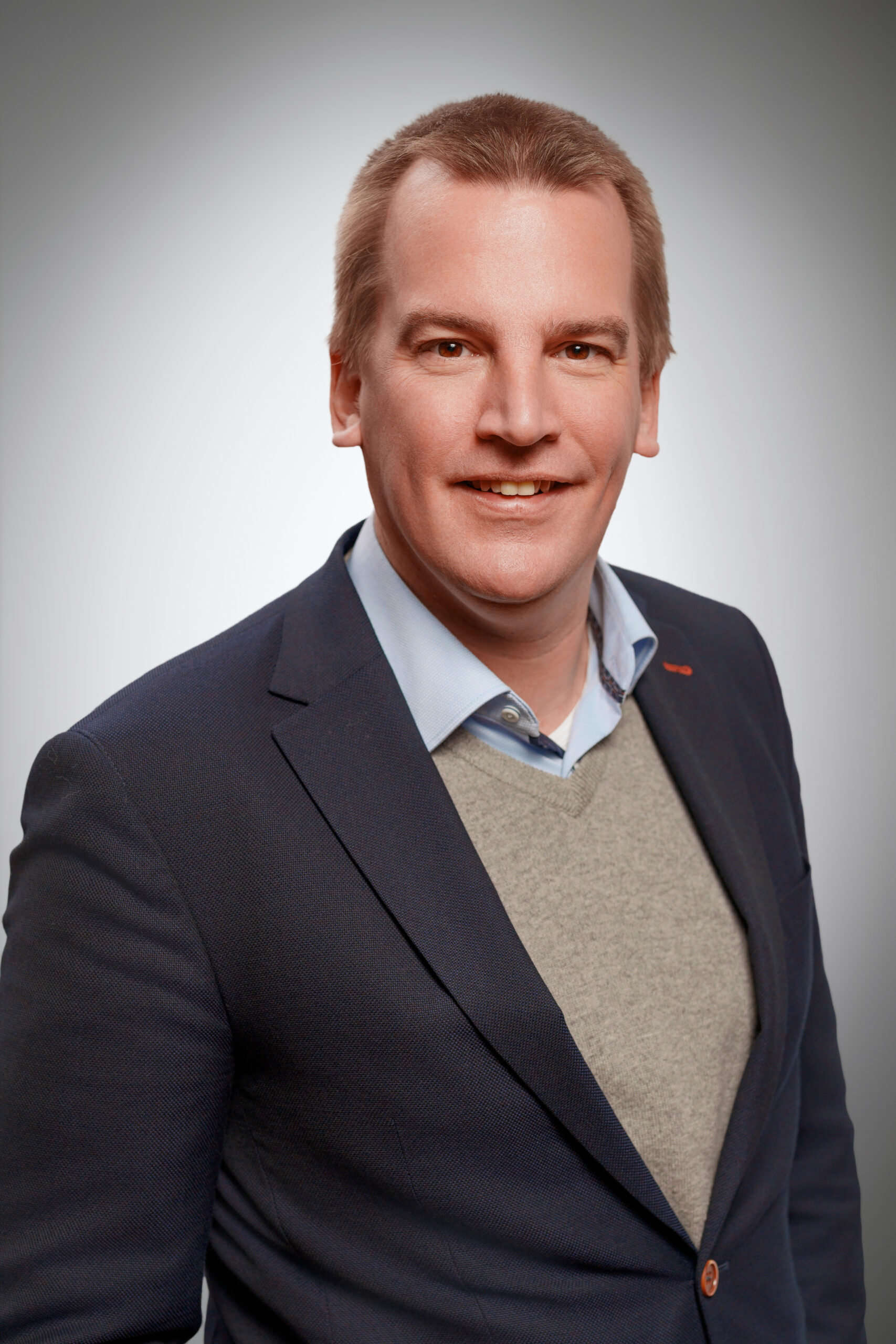
Prof. Dr. rer. nat. Tobias Rudolph
Research Center of Post-Mining
Herner Straße 45
44787 Bochum
Building 2, Room 101
Phone 0234 968 3682
Mail tobias.rudolph@thga.de


